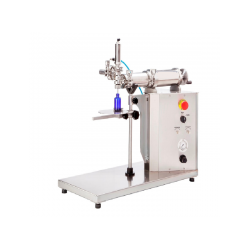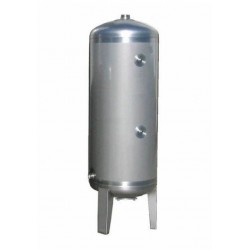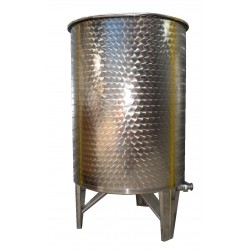Juices
To produce and process juices, specialized equipment is required. Here are some types of equipment that you will need:
- Industrial juicer - designed to extract juice from fruits and vegetables.
- Industrial juice filter - used to remove large particles of fruits and vegetables from the juice.
- Pasteurizer - a device for increasing the shelf life of juice by heating and destroying bacteria and microorganisms.
- Filling machine - for packaging juice in bottles or other containers.
- Automatic can seamer - for hermetically sealing bottles with juice.
- Pumps and pipelines - for moving and processing juice.
- Industrial cutters, mills, and sterilizers - for processing fruits and vegetables.
- Mixing equipment - for mixing different ingredients when producing juice cocktails.
- Industrial attachments for various types of fruits and vegetables - for working with different types of products.
The necessary set of equipment depends on the scale of your production and the types of juices you plan to produce and process. For example, if you plan to produce citrus juice, you may need separate equipment for processing the peel and zest.
In addition, you may also need specialized equipment for processing fruits and vegetables, such as cutters, mills, sterilizers, and others.
You may also need equipment for storing, transporting, and packaging the finished product. Also, remember that the production of juices and beverages is usually regulated by legislation, so make sure that you comply with all necessary norms and requirements of your country.
Beer production
Equipment for beer production includes several stages, such as milling, boiling, fermentation, and bottling. The necessary equipment for these stages includes:
- Grain mill - for grinding barley or other grains before mashing.
- Mash tun - for mixing the ground grains with water and creating wort (mash) that will be used for further beer production.
- Brew kettle - for boiling the wort with hops and other ingredients to create the flavor and aroma of the beer, as well as sterilizing the wort before fermentation.
- Fermentation vessels (tanks) - for fermenting the wort, where yeast converts sugars into alcohol and carbon dioxide, creating alcohol and giving the beer its characteristic carbonation and alcohol content.
- Cooling system - for controlling the fermentation temperature and cooling the beer after fermentation before bottling.
- Bottling equipment - for bottling the finished beer into bottles, cans, kegs, or other containers.
- Sanitary equipment - for maintaining cleanliness and hygiene during the beer production process, including cleaning equipment, sanitary pumps, water purification systems, and other equipment for cleaning and sterilizing.
Additional equipment - such as pumps, pipelines, valves, thermometers, pressure regulators, and other equipment necessary for controlling and regulating the beer production process.
The equipment for beer production may vary depending on the scale of production, type of beer, budget, and other factors. Optimal equipment selection requires careful planning and consultation with experienced professionals in the field of beer production.

 English
English
 Deutsch
Deutsch
 Français
Français
 Español
Español
 Italiano
Italiano
 Português PT
Português PT











